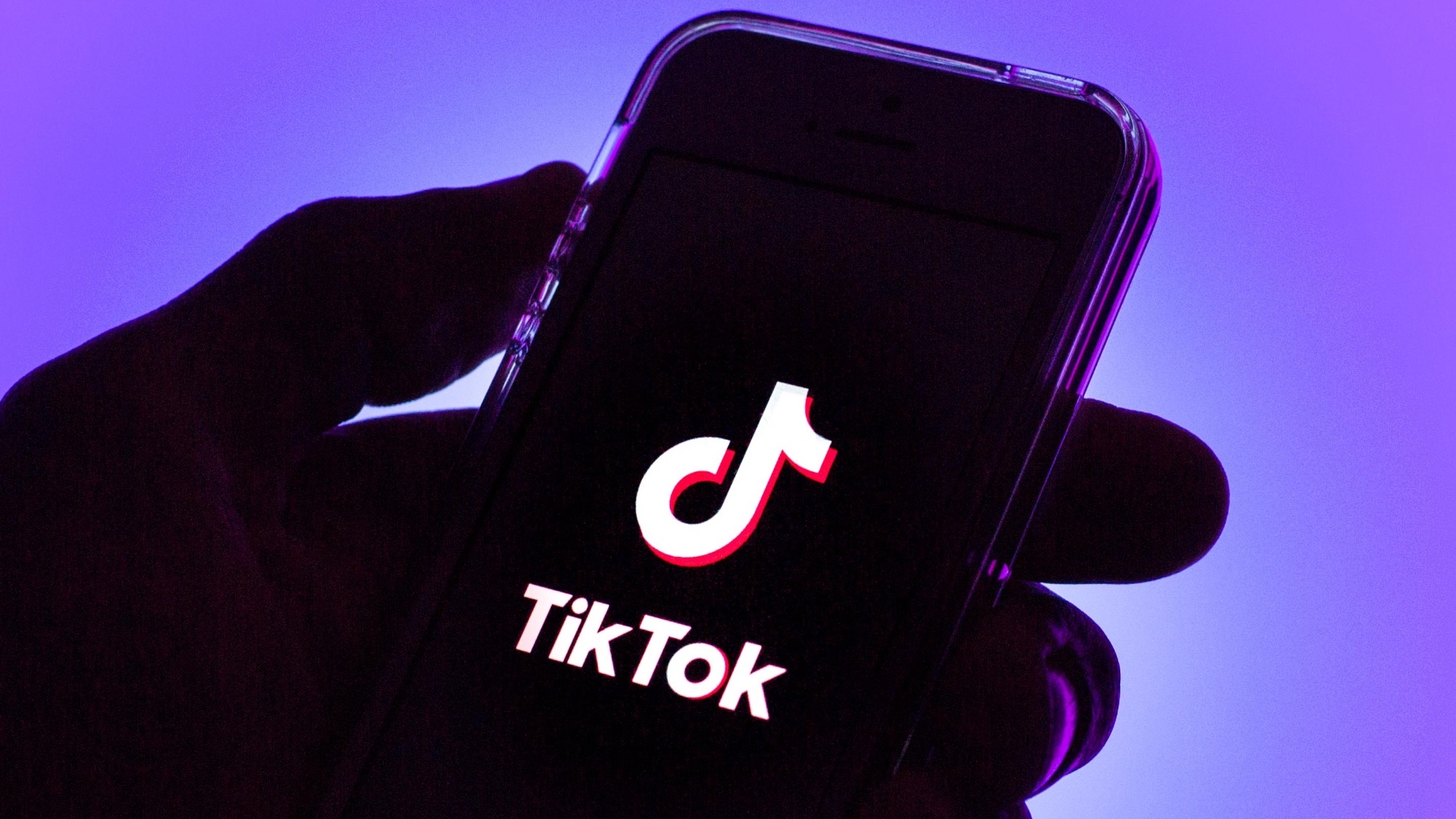
TikTok has been a controversial social media platform since it first launched, with politicians raising privacy and security concerns over the fact it is owned by a Chinese company.
Its parent ByteDance has denied any of the claims it shares information with the Chinese government or that there are privacy issues, but a ban is now looking more likely than ever.
A bill calling for its ban in the U.S. passed the House of Representatives with an overwhelming majority and it will now go to the Senate. If it passes the Senate, Joe Biden has said he would sign the bill which would lead to ByteDance having to close down its U.S. operations.
But can the platform be saved? The issue isn’t TikTok itself but its ownership, so if ByteDance found an American buyer for the brand then the dance could go on — but who?
Selling to a U.S. company outright
There is no guarantee that ByteDance would agree to sell the entire TikTok brand and platform to a U.S. company. The vast majority of TikTok users are outside of the country but it does make significant revenue from the U.S., primarily through its TikTok shop business.
It is clear from the hearings and speeches that U.S. politicians won’t accept a compromise where someone else operates TikTok but overall ownership remains with ByteDance.
However, it's also unlikely that ByteDance will give up its non-U.S. business. It would also have to get approval for any sale from the Chinese government which may be hard to achieve.
Licensing the brand to a U.S. company
One solution could be a franchise agreement, where we have two TikToks — the U.S. version owned by an American company licensing the rights to the brand, the algorithm and the app, as well as all code and control over its function, and then a global version owned by ByteDance.
This could get very confusing and it isn’t clear if the two systems would ever be interoperable, which means the U.S. users would be siloed and unable to see global creators, but it would allow the platform to continue as a going concern on app stores and even online.
It is also something that already happens with Douyin, a TikTok-like platform that is owned by ByteDance, built on the same underlying technology but is only available in China. There is also no link between it and TikTok. A similar arrangement could exist with U.S. and global TikTok.
Who might license TikTok in the U.S.?
Assuming ByteDance can get over the hurdle of Chinese government approval and agree a profit sharing or licencing agreement to create U.S. TikTok, it won’t want to sell to an existing social media company as it would mean handing over its secret sauce to a global rival.
Oracle is a potential player in this space. The enterprise technology company was previously on the shortlist, alongside Walmart, of potential buyers for the social video platform.
Oracle has its own cloud platform which could host the video content and services and it doesn't have an existing social media network which would satisfy ByteDance’s competition concerns.
Under the previously agreement brokered by Donald Trump, Oracle would have been responsible for hosting all TikTok U.S. user data and securing computer systems within the U.S. but the sale never went through as it was built on a Trump executive order that got held up in court ahead of the 2020 presidential election and later dropped.
Creating a new company in TikTok U.S.
One solution is to avoid a sale but create TikTok U.S. as an independent company with its own stock sold to U.S. buyers — but still connected to the wider TikTok platform.
Under this suggestion it would give ByteDance a reduced share and no voting control. This might fit within the rules of the new bill which requires ByteDance to have no operational control over the company in the U.S. if it were to continue some degree of ownership.
Even a tiny stake in TikTok, which is one of the largest social media apps in the U.S., would cost billions, reducing the number of potential buyers. But the price may reduce as the deadline approaches and ByteDance is left with a choice of losing everything or making some revenue.
Selling any major share to a big tech company would create antitrust issues so one option might be for it to go for an IPO. The problem with that is public offerings take a long time and they've been given six months to complete the divestiture by the House of Representatives.
This all assumes ByteDance gets approval to sell any part of its business to a U.S. company and isn’t completely blocked by the Chinese government. It also assumes the company doesn’t take the hit and refuse to sell on principal, accepting the ban and leaving the U.S..
Could it come back in the future?
There is significant support, particularly from younger people, for TikTok to remain. It is seen as a more independent news platform by some users than others and has helped millions of creators start businesses without relying on Google or Facebook.
If TikTok is banned in the U.S. it won’t be gone completely. It will still exist globally with upwards of a billion users in places like the U.K. and Europe. While it won’t be available on app stores in the U.S. it could still be side-loaded on Android or accessed as a web app using a VPN.
I think its likely a deal will be struck, even if it required negotiating an extension to the 180-day deadline imposed in the bill. The question is what form that will take.







